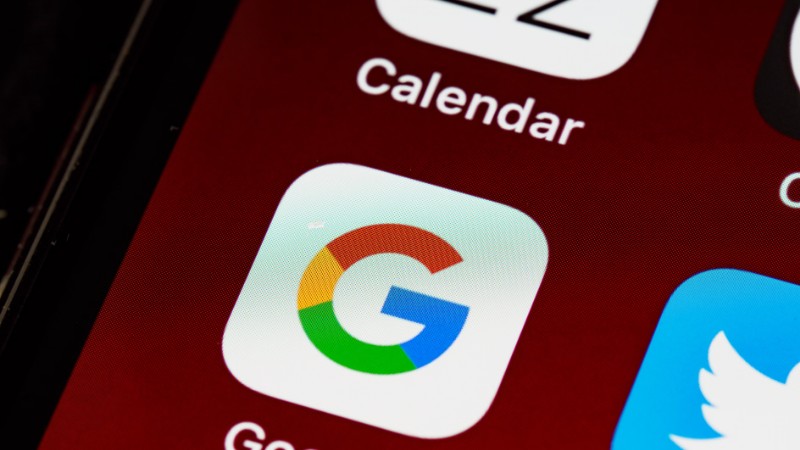Google approves licensed gambling apps for Brazil Play Store
Policy UpdatesSince June 18, 2025, Google has allowed licensed gambling and fantasy sports apps on the Play Store in Brazil. This marked a major shift for the digital gambling sector, which had previously been shut out of Google’s app platform. The update came in response to pressure from Brazil’s gaming regulators and licensed operators, who argued that tighter oversight was needed to weed out illegal services and protect consumers. Companies wanting to list apps must be officially licensed by the Secretariat of Prizes and Betting (SPA), Brazil’s regulatory body in charge of online casino PPC gambling. Strict approval process for app listings To qualify, operators had to meet a strict set of conditions. Every approved app must be linked directly from the company’s official website and show clear proof of licensing from SPA. This requirement was introduced to prevent unlicensed or fake betting apps from appearing in the store. It also gave users a more secure way to access legal betting platforms. Senate moved to restrict betting advertisements At the same time, Brazil’s Senate advanced Bill 2.985/2023, a proposal to limit how and where gambling ads can appear. The bill called for a ban on betting ads during live sports broadcasts and restricted the use of current athletes in promotions. It also prohibited messages that suggest betting can be used as a way to solve financial problems. The tax hike raised questions from the industry On the same day that Google’s policy changed, Brazil raised the tax on gross gaming revenue from 12% to 18%. The new rate applies to all licensed operators and is now part of the country’s ongoing efforts to formalise the gambling market. However, some operators warned that the higher tax might push smaller or new companies away from investing in Brazil. A major step toward a regulated market The combination of Google’s policy shift, new ad rules, and a higher tax rate signals a turning point for Brazil’s gambling landscape. With clearer rules and official approval paths, the country is now taking a firmer stance on regulating the industry. For operators running Google Ads online gambling campaigns, playing by the rules is no longer optional; it’s the only way forward.








